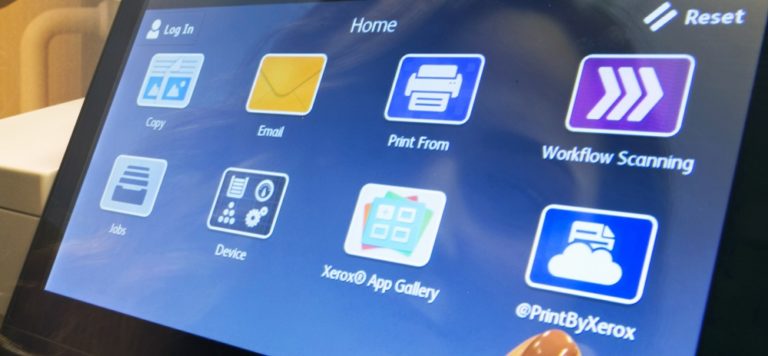By Janet Webberley
(From the editor: This article is an excerpt from a post that originally appeared in the Business Computing World blog.)
Does handing information over for translation, mean businesses give up control and compromise confidentiality? This should not be the case.
As organizations become global and communities multi-cultural, business and government processes increasingly rely on efficient, accurate and affordable translation. Most organizations do not have teams of in-house translators, and so the work often is outsourced to agencies and freelancers, raising security concerns about sensitive data.
Learn how Xerox can centralize and manage your translation requirements, so you can focus on reaching more markets.
Translators are professional and ethical, but the process of obtaining a high quality translation often requires content to pass through multiple systems and numerous hands, raising a range of security issues. External translators working in multiple environments, for example, could result in data inadvertently passing through an unsecured network. The tools used to translate, such as shared Translation Memory, could disclose confidential information. Public Machine Translation tools may also compromise privacy via the Internet.

Here are some ideas to consider when managing the translation of sensitive information:
Bring Translators In-House
Arranging for translators to work onsite allows security policies to stay in force. You can prevent translators from sending documents to anyone outside your firewall, and can ensure that they take away only what is in their heads. Although secure, the administrative effort and cost is high; finding qualified translators to work at your premises on an ad-hoc basis is challenging. This approach works best, and is most cost effective, where there is significant, continuing demand for the translation services.
Insist On Confidentiality Agreements
Security standards vary between translators and may not always comply with your own. Contracts and agreements are not always read, and do not necessarily result in secure behavior. Reinforce your agreements with regular security audits and training to refresh awareness, and address changes in processes that will help ensure your data is protected.
Constrain Work To Your Virtual Environment
This will protect your data but, as with onsite translation, requires investment and expertise to set up. If not done properly, the translator’s effectiveness may be compromised and so increase cost.
Check References
Credit worthiness and criminal records may be checked although, when translators are in another country, this is not always a straightforward process. Official checks may be unavailable, incomplete, slow and costly to process. Third-party references and recognized accreditations may provide better information.
Reputations may also be checked on public sites and forums. It is important to marry the need for accurate, cost effective translations with good security practice. Even as this retains control and ensure data security, it can increase cost and time, and impact quality. To achieve all objectives requires access to the best in translation technology with qualified subject matter expert translators working within a secure environment.
Subscribe to this blog and receive email updates when we publish a new article.




Hello there
As we all know , translation is being popular day by day. we all need translation that make the things easy to
understand.
I love so much your blog.
Thanks for sharing here.
Hello there
I am big fan of your site and your article too, it is such a good way to improve the business in a better way.
Thank you for sharing it with us 🙂
Hello there
As being a businessman , i can understand how much it is more valuable for us. I have translation business and i always being updated everywhere to get the best for my business.
Thanks for sharing this article with all of us , it might be helpful for us..
Very Nice..!!!Keep it Up..!!!